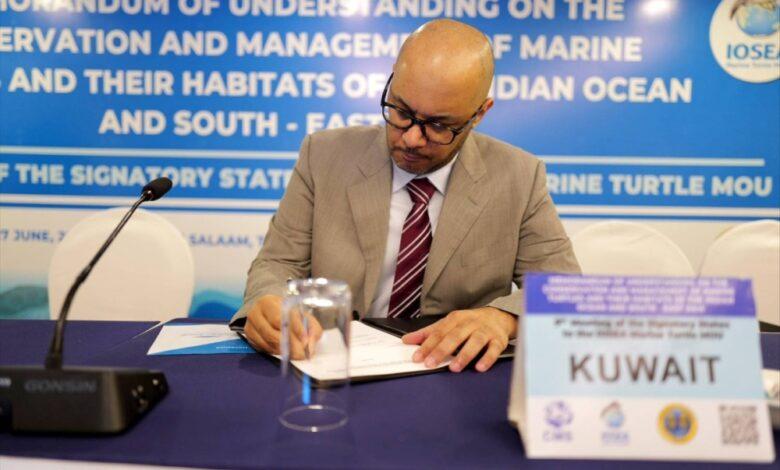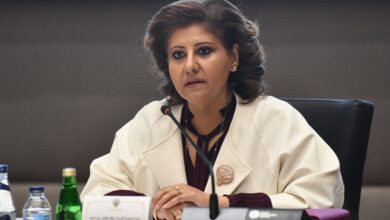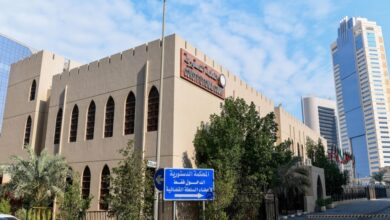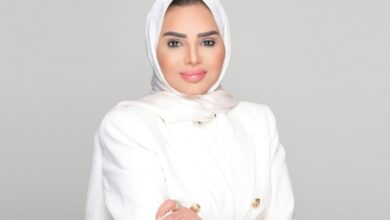Kuwait joins IOSEA agreement to conserve sea turtles and their habitats

• Kuwait has joined the Indian Ocean-South East Asian Marine Turtle Memorandum of Understanding (IOSEA) to conserve sea turtles and their habitats.
• The MoU aims to protect six species of sea turtles that are listed as vulnerable, endangered, or critically endangered on the IUCN Red List of Threatened Species.
• Kuwait has a long history of sea turtle conservation dating back to the Dilmun civilization on Failaka Island.
Kuwait has taken a significant step towards the conservation of sea turtles and wildlife. The country joined the Indian Ocean-South East Asian Marine Turtle Memorandum of Understanding (IOSEA) and signed a Memorandum of Understanding (MoU) under the Convention on the Conservation of Migratory Species of Wild Animals.
This announcement was made by Dr. Abdullah Al-Zaidan, Deputy Director General for Technical Affairs at the Environment Public Authority (EPA). He further elaborated on Kuwait’s participation to KUNA.
Dr. Al-Zaidan stated that Kuwait, represented by the EPA, participated in the 9th Meeting of the States Parties (MOS9) hosted by Dar es Salaam, Tanzania, from June 24 to 25, 2024. The meeting was attended by specialists from around the world.
Dr. Al-Zaidan explained the purpose of the MoU signed during the meeting. It is dedicated specifically to the conservation of sea turtles and their habitats in the Indian Ocean and Southeast Asia.
The MoU aims to protect six species of sea turtles that are listed as vulnerable, endangered, or critically endangered on the IUCN Red List of Threatened Species. These species include the loggerhead turtle, the olive ridley turtle, the green turtle, the hawksbill turtle, the leatherback turtle, and the flatback turtle.
Kuwait’s accession to this organization represents a new environmental commitment in addition to its existing international obligations.
The MoU aims to protect and conserve sea turtles, bridge the knowledge gap, and restore their habitats based on the best scientific evidence. This will be done while taking into account the environmental, social, economic, and cultural characteristics of the signatory countries.
It is noteworthy that Kuwait has a long history of sea turtle conservation dating back to the Dilmun civilization on Failaka Island. Dr. Al-Zaidan highlighted Kuwait’s efforts in cooperation with various local governmental and non-governmental entities to conserve sea turtles.
Kuwait attaches great importance to the conservation of sea turtles through the implementation of various international agreements. These agreements include the Convention on Biological Diversity and the Convention on International Trade in Endangered Species of Wild Fauna and Flora.
Additionally, Kuwait is committed to regional commitments under the Regional Organization for the Protection of the Marine Environment (ROPME).
Dr. Al-Zaidan also pointed to the implementation of the Environmental Protection Law, which prohibits the hunting of wildlife and the tampering of their nesting sites.












